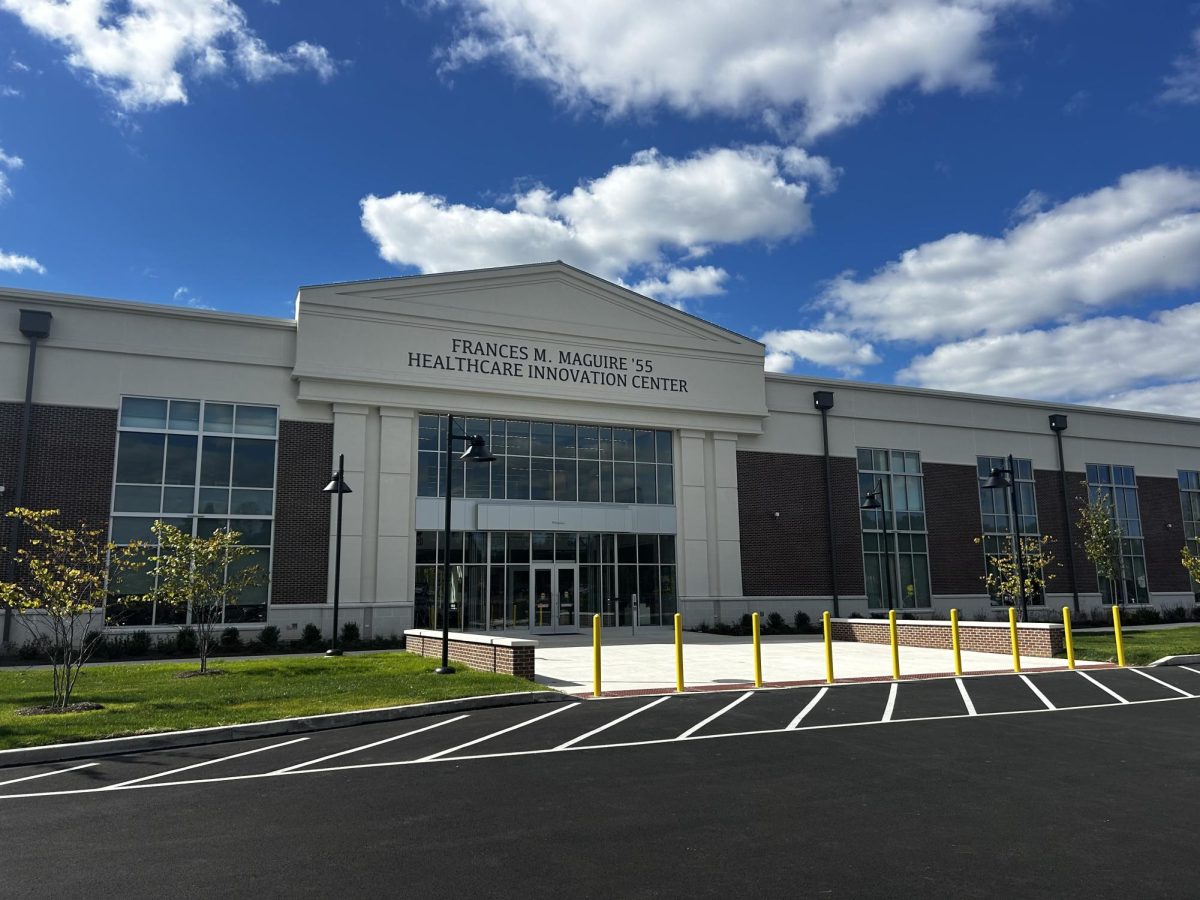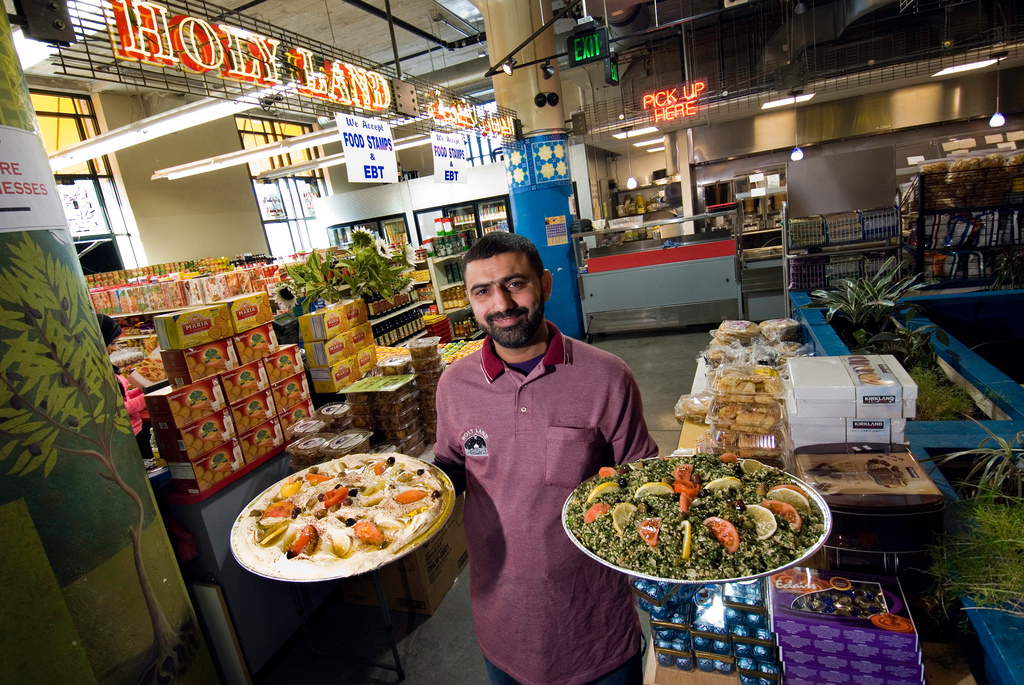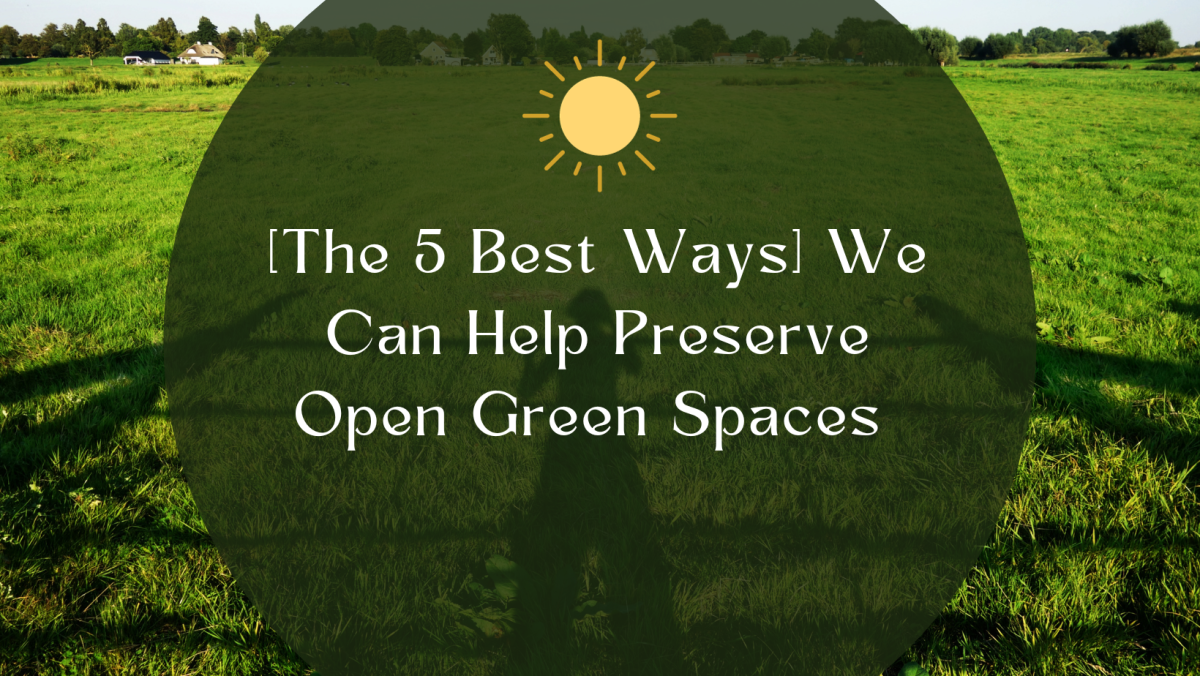No matter who you are or where you’re from, we all share one thing in common – our home.
Not a house, apartment, or wherever you may live, but Earth. This pale blue dot we live on is our one and only home, in a vast universe that is almost infinite. Were given forests, rolling meadows, snow–capped mountains, mystifying oceans and a plethora of diverse Life. This wondrous planet we call home provides us with everything we need not just to survive, but to thrive.
Even though our home has provided so much for us we have created problems that not only plague us now. But it will only get worse in the future. Our drive for so much rapid expansion and consumption has caused Earth itself to face many issues even including pushing many species to the brink of extinction. But it is not too late to change course. We can restore what has been lost and heal what has been wounded if we relearn a sacred respect for the natural world – the only home we have ever known or will ever know. The choice is ours: succumb to apathy and allow the concrete jungle to swallow every meadow and forest, or take responsibility, mend our ways, and preserve our shared home for generations to come. Our children and grandchildren cry out to us across the years, reminding us what treasure we have been given.
[The 5 Best Ways] We Can Help Preserve Open Green Spaces
Curb Urban Sprawl
As cities continue spreading into the surrounding countryside, expanding urban and suburban areas often result in a loss of forests, grasslands, and other natural areas. This loss is significant, as open spaces provide many benefits and ecosystem services. We can help curb it by supporting initiatives that limit suburban growth and development into existing city centers instead. This helps to preserve important parks, forests, and farms on the outskirts of cities. Parks and protected public lands are proven to improve water quality, protect groundwater, prevent flooding, improve the quality of the air we breathe, provide vegetative buffers to development, produce habitat for wildlife, and provide a place for children and families to connect with nature. Get involved with local conservation groups who advocate for “smart growth” policies in your area.
Reforest Deforested Areas
Clearing forests and areas populated with trees for timber, agriculture, ranching, and development severely damages ecosystems. Not only does it eradicate flora and fauna, but it
degrades the soil and water systems that support life. Trees absorb and store carbon dioxide. If forests are cleared, or even disturbed, they release carbon dioxide and other greenhouse gases.
Forest loss and damage is the cause of around 10% of global warming. We can help reverse deforestation by contributing time, money, or resources to nonprofits working to actively replant trees in deforested areas around the world.
Voluntarily Conserve Private Land
If you own vacant or agricultural land, look into options like conservation easements or land trusts that legally preserve the property as open green space forever, preventing any future development on it even under new ownership. Privately–owned land makes up 60% of the United States, but only 3% of it is protected for conservation. Land trusts work with voluntary private land owners to find the best way to conserve their land forever. Places with scenic natural beauty, critical habitats for endangered species, watersheds for municipal water supplies, or space for outdoor public recreation are ideal candidates for voluntary conservation. Setting aside privately–owned open land as a legacy for future generations helps keep essential green spaces intact.
Advocate for Protected Public Lands
One of the easiest and most inexpensive ways to help is to call or write to your elected representatives at local, state, and national levels to voice support for increasing protected public lands. Back legislation and policies that secure wilderness areas, national parks, nature reserves, or other conservation designations on currently undeveloped government–owned lands. This shields forests, mountains, deserts and other natural habitats from resource extraction, roads, pipelines, and other development that could hurt open green spaces. Getting involved in environmental groups’ lobbying efforts amplifies your voice.
Choose Sustainable Products
Rampant deforestation is driven by demand for things such as lumber and minerals. We can reduce our personal impact by researching companies’ environmental practices and purchasing only eco–friendly, sustainable wood and paper products. Selecting organic produce, fair–trade goods, and cruelty–free natural resources lessens the demand pressures that shrink wilderness habitats. Small daily consumer choices make a difference. This can lead to reduce your impact on the environment address social issues and improve the livelihoods of individuals and communities, improve your business’ reputation, and save money over the life of a product or service.
The bottom line is Earth’s open green spaces nourish us in ways we can’t replace. By helping to slow urban sprawl, plant more trees, conserve private land, protect public lands, and buy
sustainable goods, we can keep these spaces thriving. Our planet gives us so much – it’s time to return the favor. Little steps or big, we have to act now to preserve nature’s beauty. If we work
together and respect the outdoors, we can make sure these special places are around for future generations to enjoy. Our world’s worth fighting for!













